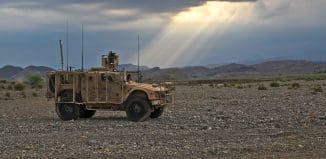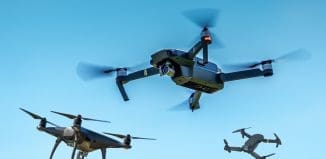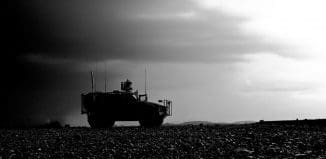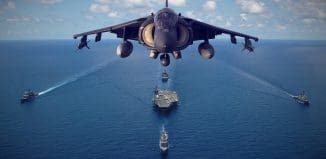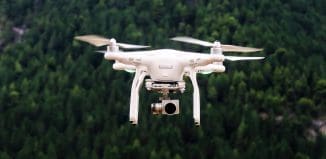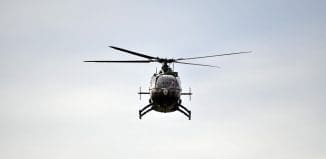US Navy’s MQ-8C Fire Scout UAV completes maiden flight
This post is also available in:  עברית (Hebrew)
עברית (Hebrew)
 The US Navy and Northrop Grumman have successfully completed the debut flight of the MQ-8C Fire Scout unmanned helicopter on the navy’s guided-missile destroyer USS Jason Dunham.
The US Navy and Northrop Grumman have successfully completed the debut flight of the MQ-8C Fire Scout unmanned helicopter on the navy’s guided-missile destroyer USS Jason Dunham.
The latest flight, held off the Virginia coast, follows a year of land-based trials at Point Mugu, California, and involved 22 successful take-offs and 22 precision landings.
Naval Air Systems Command Fire Scout program manager captain Jeff Dodge said: “The MQ-8C Fire Scout’s flights from the USS Dunham represent a significant navy milestone.
“This is the first sea-based flight of the MQ-8C and the first time an unmanned helicopter has operated from a destroyer.”
Register to iHLS Israel Homeland Security
 The aircraft, which was controlled from the vessel’s ground control station, is designed to provide reconnaissance, situational awareness, aerial fire support and precision targeting support for ground, air and sea forces.
The aircraft, which was controlled from the vessel’s ground control station, is designed to provide reconnaissance, situational awareness, aerial fire support and precision targeting support for ground, air and sea forces.
The Fire Scout’s initial RQ-8A version was based on the Schweizer 330, while the enhanced MQ-8B was derived from the Schweizer 333. The larger MQ-8C variant is based on the Bell 407. It has a 14 hour endurance with 600-700 lb. in payload.
The MQ-8C Fire Scout is a vertical take-off and landing UAV, which is an upgraded version of the existing MQ-8B, which features a four-blade main rotor, in contrast to the larger-diameter three-blade rotor of the RQ-8A, to reduce noise and improve lift capacity and performance.


